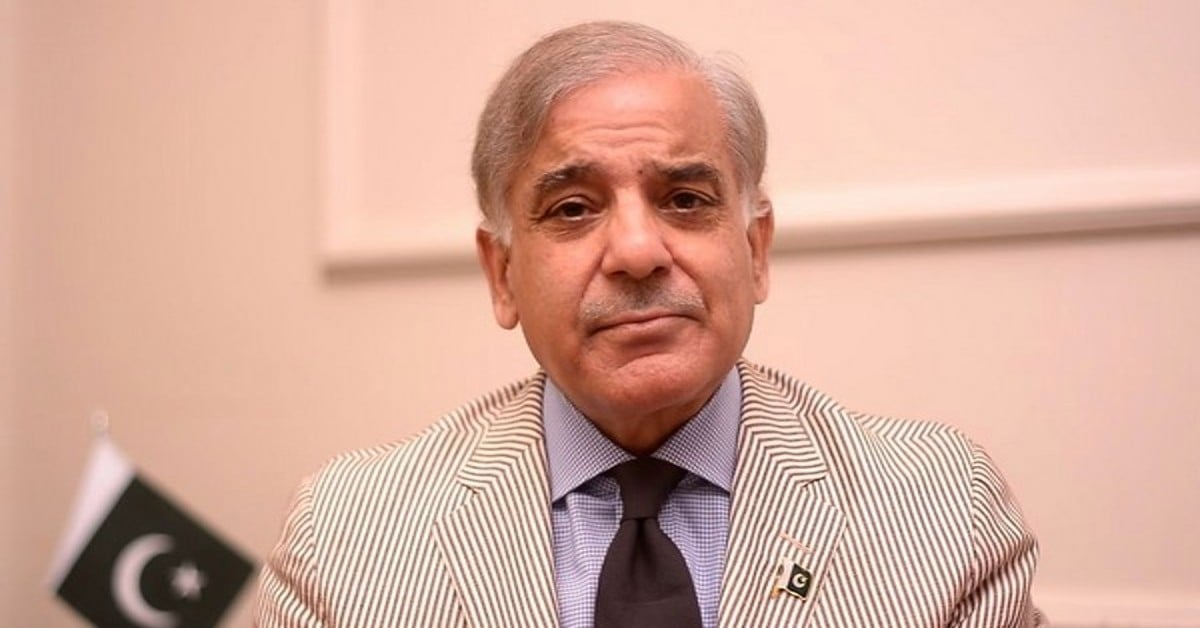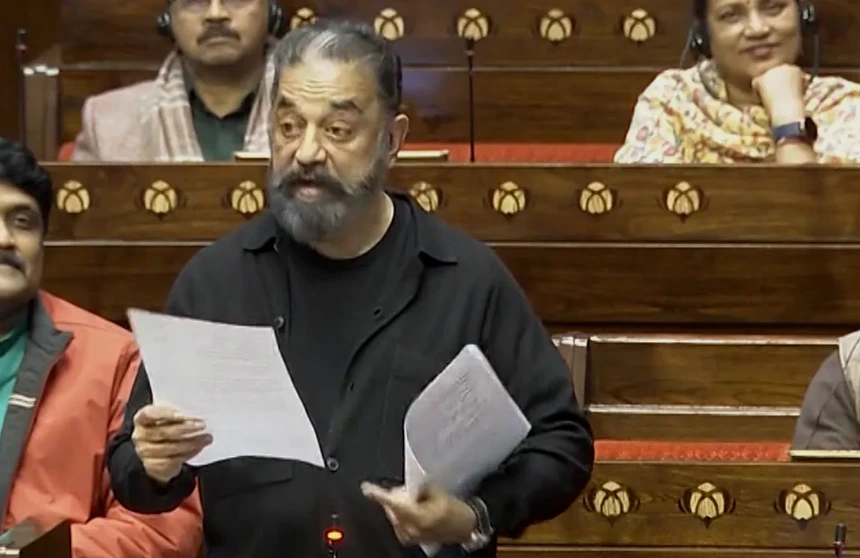Turkey may slip into a state under dictatorship, Haaretz fear
Turkish President Recep Tayyip Erdogan has won more than half the votes in the key presidential election, in a result that will allow him to keep his seat with increased powers and become Turkey’s first executive president. State-run Anadolu news agency has reported that Erdogan’s share of the vote stood at 52.5 percent.
Erdogan has ruled the country for 15 years as PM and then President. He won the last presidential election in 2014 after completing two terms as prime minister.
According to reports from Ankara, Sadi Guven, the head of country’s Supreme Election Committee (YSK) has said that with 97.7 percent of ballots counted, Erdogan received on Sunday more than half the votes required to secure an outright victory.
Immediately after the election result announcement, Erdogan told his enthusiastic supporters in capital Ankara, “Our democracy has won, the people’s will has won, Turkey has won,” and thanked citizens who cast their ballots with a record turnout of 87 percent.
 Moreover, President Erdogan also declared victory for the People’s Alliance, a bloc between his ruling Justice and Development Party (AK Party) and the Nationalist Movement Party (MHP), saying they had won a parliamentary majority in the legislative elections, also held on Sunday.
Moreover, President Erdogan also declared victory for the People’s Alliance, a bloc between his ruling Justice and Development Party (AK Party) and the Nationalist Movement Party (MHP), saying they had won a parliamentary majority in the legislative elections, also held on Sunday.
Before going to the capital Ankara, Erdogan had addressed a crowd of cheering, flag-waving supporters from the top of a bus in the country’s largest city of Istanbul.
Erdogan’s closest rival, Muharrem Ince, of the main opposition Republican People’s Party (CHP), received 30.8 percent of the votes. Ince was followed by Selahattin Demirtas, of the pro-Kurdish Democratic People’s Party (HDP) with 8.1 percent, while right-wing IYI (Good) Party’s Meral Aksener could get only 7.4 percent of total votes.
All three major opposition parties have accused s Anadolu of manipulating the results, a claim dismissed by the government. Erdogan said in his speech, “I hope nobody will try to cast a shadow on the results and harm democracy in order to hide their own failure.”
Read More: Turkey orders 104 opponents life imprisonment for failed 2016 coup
More than 56 million voters were eligible to cast their ballots in the elections, which were advanced by more than 18 months by the AK Party-controlled parliament in April. Official results are expected to be announced a few days later.
The Sunday voting marked the first time Turkish voters cast their ballots in simultaneous presidential and parliamentary elections, in line with the constitutional changes approved in a referendum last year that will transform the country’s parliamentary system to an executive presidential one.
In accordance to the modified constitution, new system is set to hand the next president significant executive powers as well as abolish the prime ministry and remove the monitoring role of parliament, among others.
In the new era, the presidential office will have the power to appoint vice presidents, ministers, high-level officials and senior judges. The president will also be able to dissolve parliament, issue executive decrees, and impose a state of emergency.
In April 2017, 51 percent voters endorsed constitutional changes backed by Erdogan which granted new executive powers to the president and scrap the post of prime minister. The constitutional overhaul would also mean that Erdogan could stay in power to another two terms until 2029. A majority of 360 votes in parliament are required to take a constitutional change to referendum in the new executive presidential system.
In the parliamentary elections, Erdogan’s AK Party got 42.4 percent of the votes, while its far-right MHP secured 11.2 percent. The two parties are predicted to claim 293 and 49 seats in the 600-member parliament respectively with almost all of the ballot boxes opened. Erdogan was their joint presidential candidate.
The state of emergency has been in place since July 2016 following a failed deadly coup blamed by the government on the movement of Fethullah Gulen, a US-based self-exiled religious leader.
Read More: OIC Summit: Erdogan call Muslim leaders to confront Israel
Meanwhile, Israel’s leading newspaper Haaretz, published an analysis written by Zvi Bar’el on Monday saying that with Erdogan’s re-election Turkey faces a future as a purely autocratic state, persecuting political rivals and settling scores.


 India News23 hours ago
India News23 hours ago
 India News20 hours ago
India News20 hours ago
 Latest world news5 hours ago
Latest world news5 hours ago
 Latest world news6 hours ago
Latest world news6 hours ago
 Cricket news6 hours ago
Cricket news6 hours ago
 India News2 hours ago
India News2 hours ago












